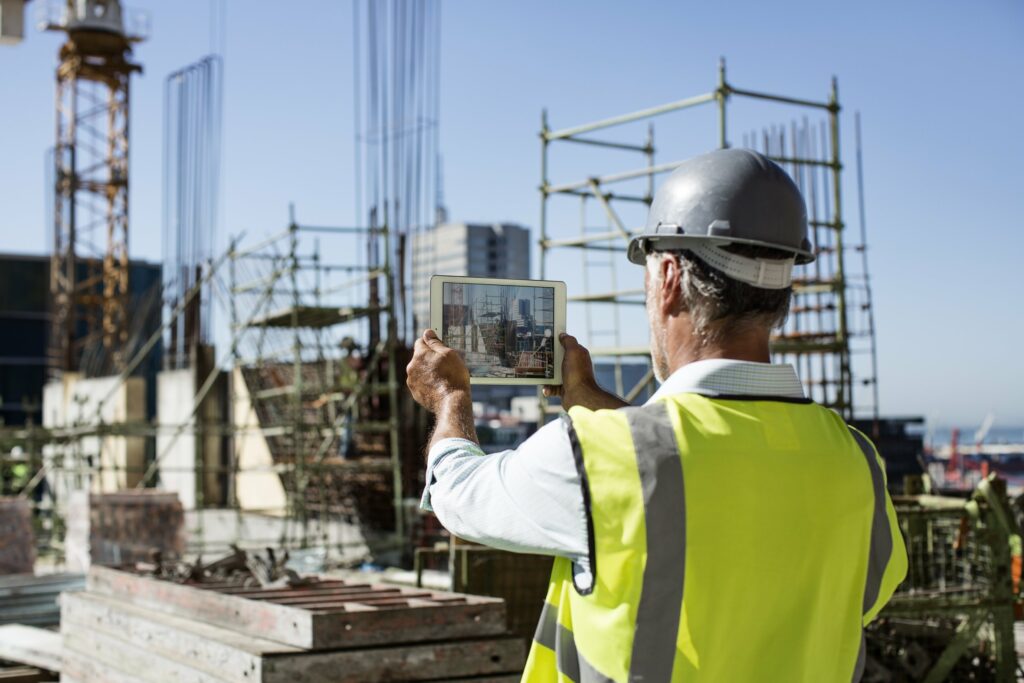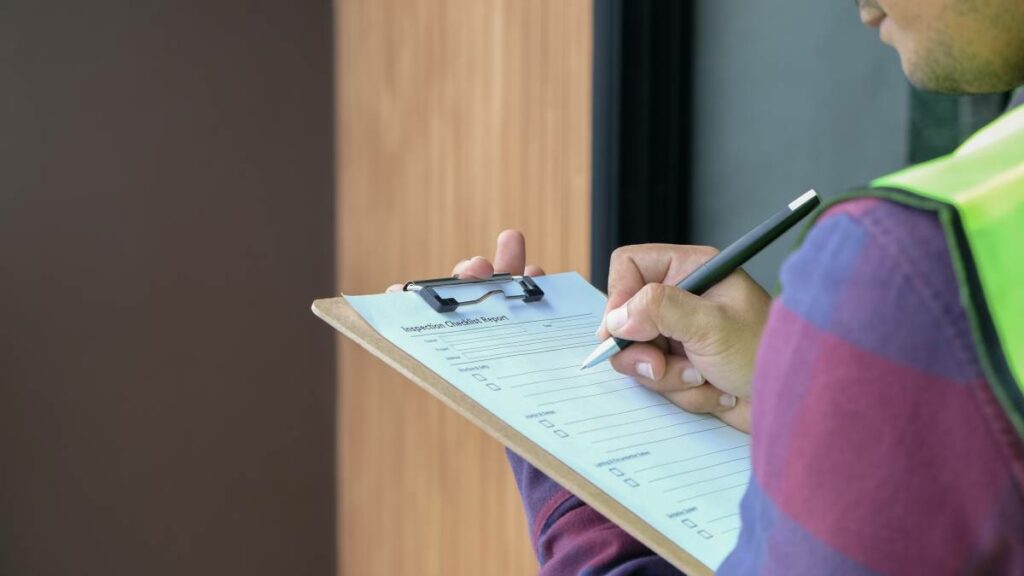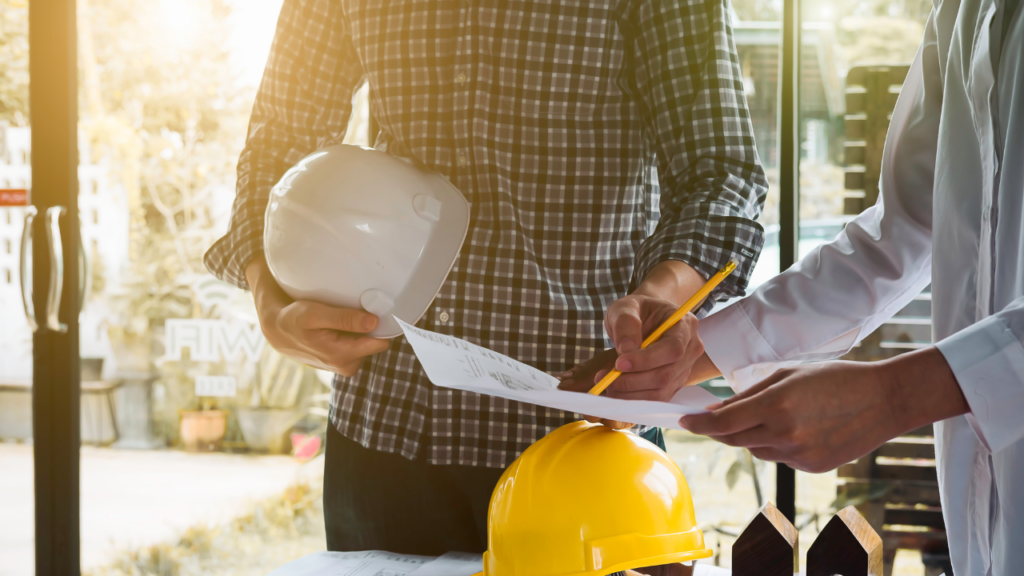G’day mate! So, you’re thinking about becoming a structural inspector in the land down under, eh? Well, you’re in for a ripper of a ride because we’re diving into the world of structural inspector certification in Australia. This is the lowdown on what it’s all about, why it’s grouse, and how you can get in on the action.
About Structural Inspector Certification?
Mate, let’s start with the basics. Structural inspector certification is all about proving you know your stuff when it comes to checking outbuildings. We’re talking about houses, apartments, offices, warehouses – you name it. It’s like getting a golden ticket to say, Yep, I’m fair dinkum when it comes to inspecting structures
Different Types of Certification
First up, we’ve got the residential gig. This one’s all about homes – whether it’s a single shack or a block of flats. When you’re certified in residential inspections, you’re the Sherlock Holmes of foundations, roofs, and everything in between.
Then there’s the commercial side of things. This is for the big guns – offices, warehouses, shops, you get the drift. If you want to be the go-to person for checking out these larger structures, commercial certification is the go.
And hey, if you’re keen on a particular material like concrete or steel, there are specialized certifications for that too! It’s like being the expert of experts in your chosen material.
Cost of Structural Inspector Certification in Australia
The cost of achieving Structural Inspector Certification in Australia can vary depending on several factors:
Type of Certification:
- Residential: Often the most affordable option, ranging from $1,000 to $3,000 including course fees, exams, and membership fees.
- Commercial: This can be pricier due to more in-depth knowledge required. Expect costs between $2,000 and $5,000.
- Specialized: Costs vary based on the specialization. Masonry certification might cost around $2,500, while advanced steel certifications can exceed $5,000.

Provider
-
- Industry Associations: Organizations like the Building Commission of Victoria (BCV) or the Master Builders Association (MBA) offer programs with varying costs.
- Private Training Providers: These can offer competitive rates but research their accreditation and reputation.
Here are some helpful resources to estimate costs:
- Building Commission of Victoria: https://www.building.vic.gov.au/
- Master Builders Association: https://masterbuilders.com.au/
- Australian Institute of Building Surveyors (AIBS): https://www.aibs.com.au/
Why Get Certified?
- Show Me the Money: Certified inspectors often earn more dosh than their non-certified mates. Who doesn’t love a bit of extra cash?
- Trust Me, I’m Certified: Clients trust certified inspectors like they trust their mate with the last Tim Tam. They know you’ve got the skills to pay the bills.
- Job Bonanza: Want more job offers than you can poke a stick at? Certification can make you a hot potato in the job market.
- Market Yourself: Being certified means you’re marketable as Vegemite on toast. You’ll stand out in a sea of inspectors.
Certification Hotspots
- International Code Council (ICC): These legends offer certifications in things like Structural Steel and Bolting. They’re the real deal when it comes to building standards.
- National Association of Home Inspectors (NAHI): NAHI dishes out the Structure & Foundation Inspector badge. They’re all about making sure your knowledge is rock-solid.
- American Society of Home Inspectors (ASHI): ASHI offers the Certified Inspector badge with a side of structural inspection smarts. They’re like the cool kids’ club of inspectors.
How to Get Certified
- Meet the Requirements: Each certification has its own set of rules. It might be education, experience, or a bit of both. Check what’s needed and tick those boxes.
- Pass the Test: Get ready to put your knowledge to the test with an exam. It’s like the ultimate quiz, but with higher stakes.
- Keep the Flame Alive: Once you’re certified, it’s not a set-and-forget deal. You’ve got to keep learning and stick to the ethics code. It’s all about staying sharp.
Other Bits and Bobs
- Counting the Cost: Certifications can vary in cost, so do your sums. It’s an investment in your future, mate.
- Renewal Rituals: Like a boomerang, certifications come back around. You’ll need to renew them with some more learning every so often.
- Pick Your Path: Think about where you want to go in your career. Your choice of certification can open different doors.
Structural Engineering Services in Melbourne
In a Nutshell
So there you have it, cobber. Structural inspector certification is like the golden ticket to the world of building inspections. It’s your passport to better jobs, more trust from clients, and a bit of extra cash in your pocket.
Remember, whether you’re into homes, offices, or a specific material, there’s a certification out there for you. So, grab your toolkit, hit the books, and get ready to be the inspector everyone wants on their team. Cheers to your new adventure in the world of structural inspections!
FAQs About Structural Inspector Certification
Why should I bother getting certified as a structural inspector?
Getting certified isn’t just about having a fancy certificate (although that’s a bonus!). It’s a ticket to better jobs, more trust from clients, and even more money in your pocket. Clients love a certified inspector because it means you’re fair dinkum about your work.
What exactly is structural inspector certification?
Structural inspector certification is like a badge of honor for folks who inspect buildings. Whether it’s homes, offices, or specific materials like concrete, certification shows you’ve got the know-how to check structures inside and out.
How do I get certified as a structural inspector in Australia?
To become a certified structural inspector, you’ve got to follow a few steps. First, make sure you meet the requirements set by the certification body. Then, it’s exam time! Pass the test to prove you’ve got what it takes. Finally, keep the flame alive by staying up-to-date with your knowledge and sticking to the ethics code.
What types of certification are available for structural inspectors?
There are a few types of certifications to suit your fancy. Residential certification focuses on homes, while commercial certification is for big buildings like offices and warehouses. If you’re keen on a specific material like concrete or steel, there are specialized certifications for that too.
Which organizations offer structural inspector certifications in Australia?
In Australia, you’ve got some top-notch organizations offering certifications. The International Code Council (ICC) offers certifications in things like Structural Steel and Bolting. Then there’s the National Association of Home Inspectors (NAHI) with their Structure & Foundation Inspector badge. And don’t forget about the American Society of Home Inspectors (ASHI), they’ve got the Certified Inspector badge with a side of structural inspection smarts.






